

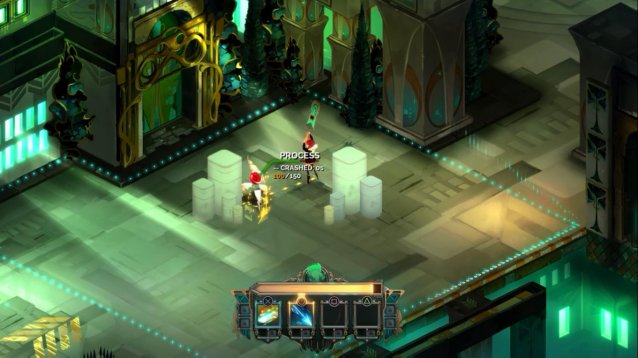
“If you can’t all be at a table together, it’s too many people. You gotta be able to like, share two pizzas. If you can’t do that, somebody’s gotta go.”
This is the Supergiant Games philosophy, as espoused by Supergiant’s music and audio lead, Darren Korb. After five years of being a studio, and two successful game launches in the form of Bastion and Transistor, they’ve remained true to that theory, with just ten people currently populating the Supergiant roster.
In some ways, it’s an unusual situation for a studio to be in. In an industry full of development houses that balloon in size at the first sign of success, and often have to let people go shortly thereafter, Supergiant’s setup is an exception to the rule. To hear them explain it, though, it’s more of a natural result of their development process, rather than a conscious decision to eschew the norm.
“I think part of it probably came from Amir [Rao], Greg [Kasavin] and Gavin [Simon, three of Supergiant’s founders] all coming from big, triple-A kind of studios,” Darren explains. “They worked at EA and Infinity Ward and all that stuff, and they wanted to start a small company and be able to make the games they were interested in making - stuff that was compelling to them. To really have a stamp, and not just be like one cog in a giant machine; to be able to make a difference and really do something that represents us and what [we’re] interested in. And so that being part of the goal, it just wouldn’t make sense for us to grow too much, just because then that situation doesn’t exist anymore.”
With such a tightly knit crew, picking the right people to add into the mix is a challenging proposition. “We’ve hired maybe three or four people since we released Bastion,” Darren continues. “and we took a loooong time to hire each one of those people, because how well everybody can work with this team is super important.”
The small size of their team also helps them stay focused, and allows everyone to do the thing they do - be it art, music, writing, etc. - with minimal interference. “I think it’s just inherent to [our] structure,” says Jen Zee, the art director at Supergiant. “The people who compose our company, everyone is such a specialist at what they do, so when you introduce someone who has overlapping skill sets, it actually is a little disruptive to our process. It means everything requires one more meeting, one more pair of people to agree, and that always just like - even though that might make the product better, it slows us down either way.
“The only reason we can stick to the schedule that we want to stick to, the only reason we can make these games we like to make, with a minimal amount of infighting, is because we do have a smaller team.”
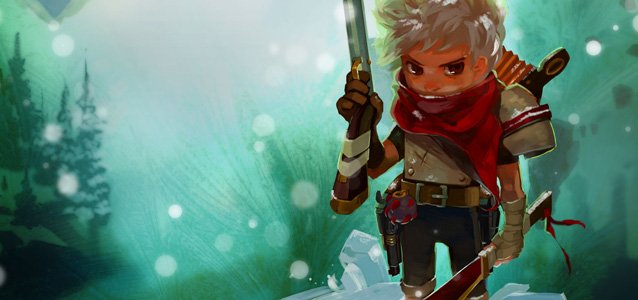
One of the side effects of this structure, beyond simply allowing the team to get work done efficiently, is that Supergiant has already found an identity. With just two games under their belt, there’s already a coherent and unique aesthetic across their catalog, to a much greater degree than many longer-standing studios.
“We like to think that our games feel like they were made by people, and our fingerprints are all over them,” says Logan Cunningham, Supergiant’s main voice actor and narrator.
“We have few enough people that we’re almost like a band,” Darren adds. “So It’s like another album by a band, that’s sort of how I look at it. For me, consciously, at least in the music, I wanted there to be some stuff [in Transistor] that allowed you to feel that it was the same people who worked on it, but also was a new thing and wouldn’t constantly make you think about that other thing necessarily. Especially because it was our sophomore project, that was kind of heavy on our minds for a lot of it. We put a lot of pressure on ourselves to make sure it was different enough and similar enough at the same time, which is like a really delicate thing.”
Logan has a similar analogy,saying “I saw someone say this about Supergiant when Transistor came out, that we’re almost like Kurosawa movies or something, where we just shuffle the cast.”
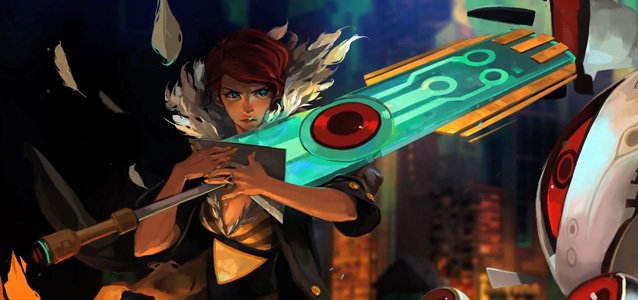
With everyone staying onboard at Supergiant in between projects, many of them get to enjoy some much-needed downtime after a big game like Transistor is finally out the door. Darren has a new baby and a band; Logan has some theatre acting gigs back home in New York; Jen has some serious Divinity: Original Sin playing to do. Personal lives carry on, in a way that’s often difficult when working at a triple-A studios, and that has a variety of effects on Supergiant’s creative output.
“I think it goes both ways,” Jen says. “It gives you the chance to recharge creatively, because when you’re working on these games, you’re putting all the inspiration and everything that interests you right then into the game and into what you’re making, and you come out kind of dry.
“At the same time, having this kind of downtime, if you’re not really careful, it can kind of destroy morale. You just relax, and...you lose all willpower to do anything, and you just wanna be lazy. Human nature. I think it’s a careful balance.”
The Supergiant folks aren’t completely idle these days, though. They’re working on some Transistor ports, including the soon-to-be-released Mac and Linux versions. Given the number of platforms Bastion eventually found itself on, one suspects that many more Transistor ports are probably coming eventually.
After that? Who knows. Darren says they still don’t have a firm idea of what they want to do for their next game, and with Transistor taking just under three years to make, Supergiant’s third game is likely going to remain under wraps for quite some time. In the mean time, they’re planning on keeping things pizza-sharing size for the foreseeable future.
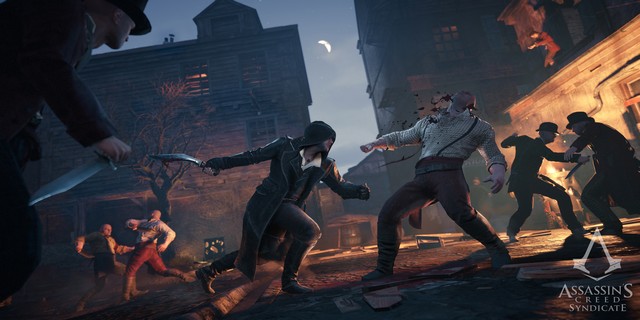

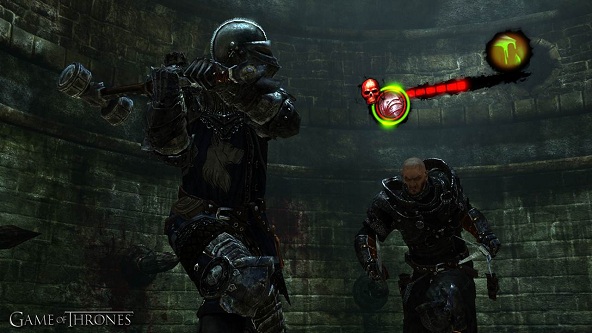
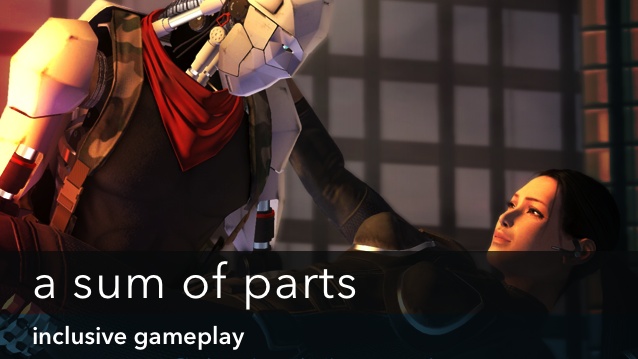
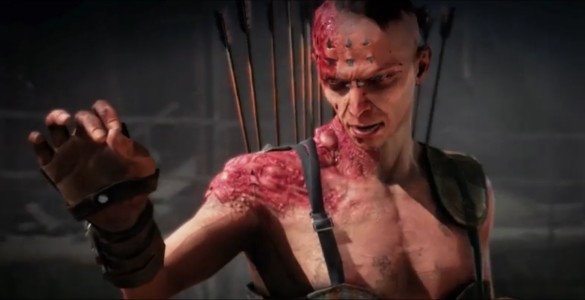 Scrap: best and fast way to earn money in Mad Max
Scrap: best and fast way to earn money in Mad Max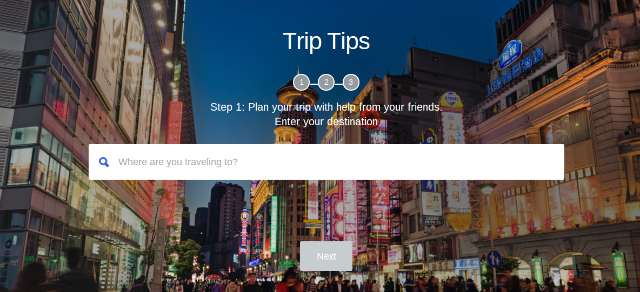 Apple Reaches Peak iPhone, Foursquare Plans Your Vacation... [Tech News Digest]
Apple Reaches Peak iPhone, Foursquare Plans Your Vacation... [Tech News Digest]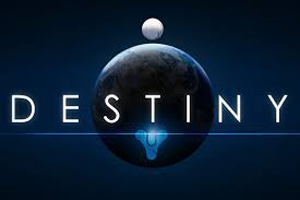 How to find Destiny Spirit Bloom, Farming Guide for PlayStation and Xbox
How to find Destiny Spirit Bloom, Farming Guide for PlayStation and Xbox The Walking Dead Episode 4 Walkthrough
The Walking Dead Episode 4 Walkthrough Review: AOC Q2963PM
Review: AOC Q2963PM